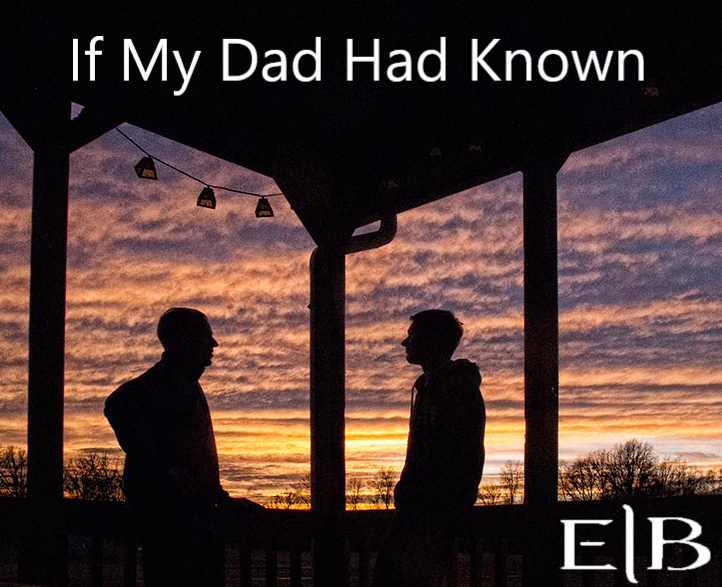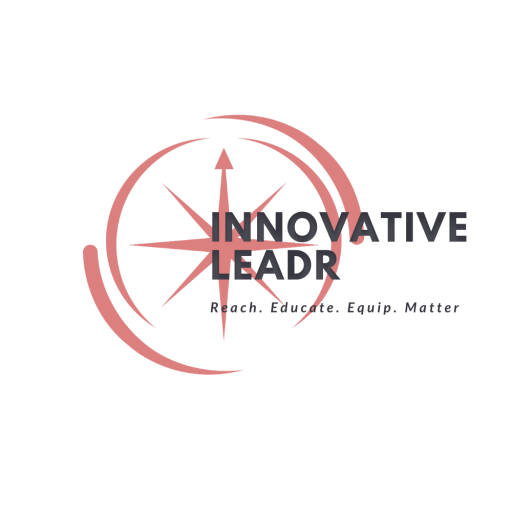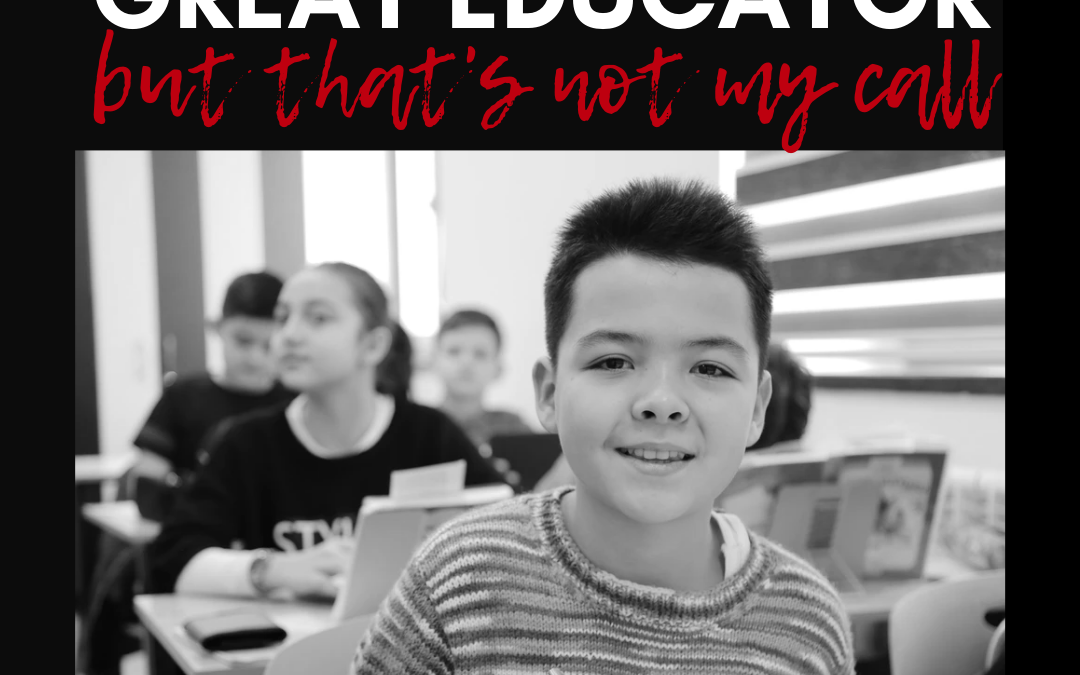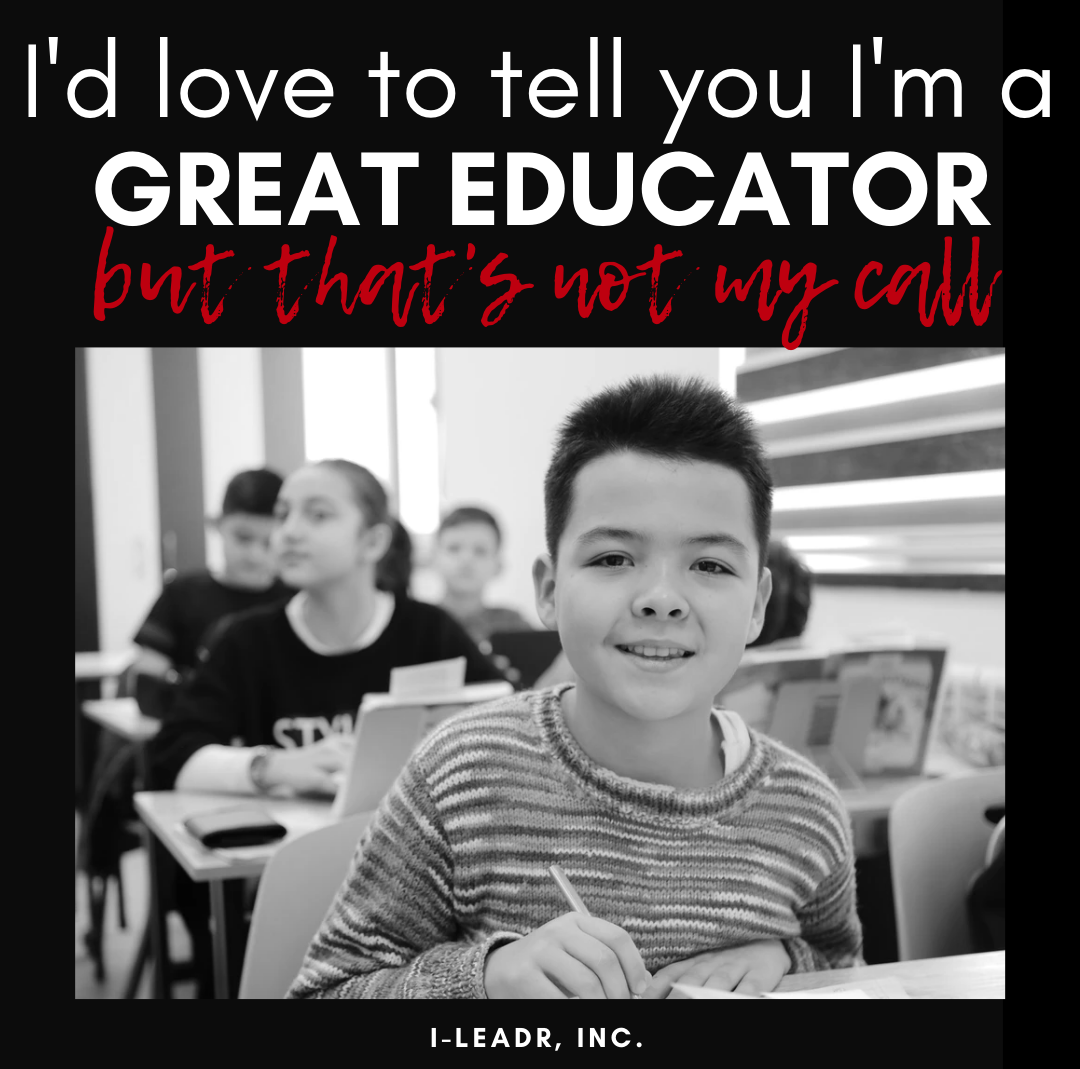
If My Dad Had Known

By: TJ Pass – EB Intervention Team
Drug and alcohol abuse pre-intervention for teens and young adults.
Simple Steps for Parents and Educators that Can Save Lives
If my dad had known, what might have been different? To begin, let me share that my father loved me and was there for me until the day he died. After my mother passed away when I was just 7 years old, my dad made me his top priority. He went without so I could have. He never tried drugs and I saw him drunk twice, although there was usually beer in the fridge. My first arrest came at the age of 15 and my dad cried, he pointed out how I didn’t belong in that group, I wasn’t like the other kids in juvenile court. Dad was the opposite of a helicopter parent and I believe he always thought I would just make good choices. My dad passed away in the year 2000 when I was only 23. My brother and my uncle stepped in and assumed the role of caregiver and protector, in an effort to save me. After many months, they finally realized they could not save me from my addictions; they didn’t have the tools or know where to begin.
A system must be in place to support addiction. My system stopped working, when no one would cosign my behavior or my lack of responsibility, and that is when I accepted professional help. I have been free of narcotics and alcohol since January 2006. I have obtained a college degree, become a certified family interventionist and master recovery coach. I have assisted over 1,000 families to date. My intent in writing this blog is to contribute to the pre-intervention of teens and young adults. Teens who abuse drugs have a greater risk of developing an addiction when they are adults. It is important to know the difference between drug abuse and drug addiction. Many teens experiment with drugs but are not addicted. Not all teens that use drugs become addicts but most all addicts began using drugs in their teenage years.
Recognition and prevention of teenage experimentation can stop an emerging misuse before it begins. Setting good examples and being open to conversations about drug use are strong tools. It is vital to create a safe environment for open communication and set clear expectations along with clear consequences. With my dad, it was always “next time” I won’t help you get out of trouble or “next time” I won’t pay bills you are responsible for. “Next time” never came. With my dad’s lack of knowledge and my mastery in manipulation, I never had any real consequences. Dad always helped me with a plan to start over so I could stop. The truth is,I didn’t have a real problem, there was always someone there who would cosign my victim mentality and entitlement.
When I was in the experimentation phase, trying everything that was available, I believed I just liked to party. It was during that phase, I stopped growing emotionally. This is a fact for all teenagers that begin using drugs and alcohol. Somewhere I crossed the line of choice. Drugs and alcohol are not a problem, but a solution to my problems. I began trying to stop on my own and my dad always believed in me as well as the same lie I believed, I could quit on my own. Dad never knew the struggle or understood the progression of addition. He had the “yeah but” syndrome just like me. If someone reported I was using drugs, or he caught me, he would say, “yeah but” he is a good kid; it’s just a phase; his grades are passing; everyone likes him; he was always quick to make excuses for my behavior. After continuing to deny using drugs, a home drug test was easy to pass and it gave my dad one more “yeah but” he can pass a drug test. Even though he offered me professional help, he cosigned my plan, believed in me, and never educated himself about addiction. Many signs were there, he didn’t want to believe it could happen to his son and I always had an excuse. Bloodshot eyes, I was swimming, or I was tired because I didn’t sleep well. Sleeping under a fan made my nose runny. I quit or lost interest in activities and sports because I didn’t like them, or I was going to do something different. Smell of cigarette smoke on my clothes, my friends were smoking. Smell of cigarette smoke on my hands, I held a cigarette for my friend. Missed curfew, it was never my fault. Deny, deny, deny until he bought it. Could my dad have prevented my first inhale of a cigarette, marijuana, my first drink of alcohol, first line of cocaine or LSD trip (all done before age 17)? Could he have stopped it? I will never know. What I do know, my dad could have been more proactive in my affairs.
Proactive Steps Parents, Teachers, and/or Mentors Can Take:
- Initiate Conversations. Talk BEFORE you suspect drug use and keep the conversation nonjudgmental, honest and understanding. Straightforward questions with the right tone can lead to open communication. Simply asking, “Have you been using drugs or alcohol?” or “Has anyone offered you drugs recently?” can be enough to get the conversation started. (Conversation Starters)
- Responding to Admittance or Denial. Don’t overreact if they are honest about using drugs. Overreacting or lashing out can prevent them from being open about their experience. Do not shame them.
- Educate Yourself. There is a strong possibility teens will lie about their drug use, I did for over a decade. Even though my dad assured me he was concerned and wanted to help, he never held me accountable or educated himself about addiction. Know today’s lingo. (Learn More)
- Understanding the Why. Understanding why some teens are tempted to experiment is also important to know. Curiosity, peer pressure, stress, emotional struggles, and a desire to escape are some common reasons teens may take the first cigarette or drug. For me, it was to fit in and be accepted by those I thought were cool. (Learn More)
….To continue to read the full post, If My Dad Had Known, please click here.
Are you or someone you love impacted by addiction? Do you need support?
Please Contact Us:


